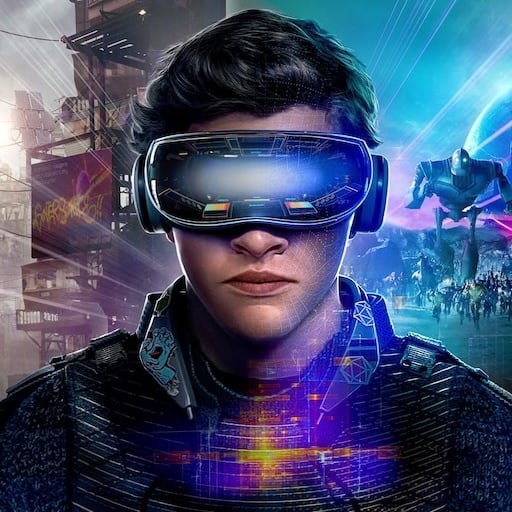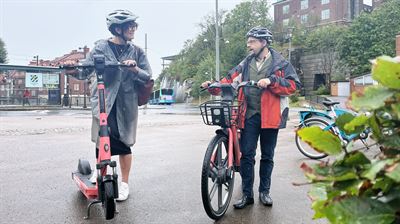- 3 Posts
- 7 Comments

 5·23 小时前
5·23 小时前Interesting study. I’m no statiscian but the number of ebike crashes vs escooter crashes anaylzed is wildly different - 35 vs 686. The article says it’s still statistically significant, but I can’t help feel weird about comparing 3 ebike crashes and 156 escooter crashes in Liverpool.

 1·3 天前
1·3 天前Well, I haven’t actually used it myself since I run a wired headset, but I have heard good things about it, and I’ve had a better experience with Monado than SteamVR, and Wivrn is based on Monado. I think it’s worth checking out: https://lvra.gitlab.io/docs/fossvr/wivrn/

 1·4 天前
1·4 天前Wow, I am not sure how I didn’t find this one…
Maybe I’ll just use that one then.

 2·4 天前
2·4 天前I don’t think a heave is ever going to be a game deciding shot though really, so I don’t think it matters much. I see it as being purely better for spectators and players - players don’t worry about harming their stats, and spectators get the chance to watch a full court heave go in.

 2·4 天前
2·4 天前Have you tried Wivrn?

 1·7 天前
1·7 天前I remember seeing something similar, but from a quick search it seems that there’s a few conflicting studies. This one says it affects balance though, I think:
The acquisition of postural control is an elaborate process, which relies on the balanced integration of multisensory inputs. Current models suggest that young children rely on an ‘en-block’ control of their upper body before sequentially acquiring a segmental control around the age of 7, and that they resort to the former strategy under challenging conditions. While recent works suggest that a virtual sensory environment alters visuomotor integration in healthy adults, little is known about the effects on younger individuals. Here we show that this default coordination pattern is disrupted by an immersive virtual reality framework where a steering role is assigned to the trunk, which causes 6- to 8-year-olds to employ an ill-adapted segmental strategy. These results provide an alternate trajectory of motor development and emphasize the immaturity of postural control at these ages.




From the study: